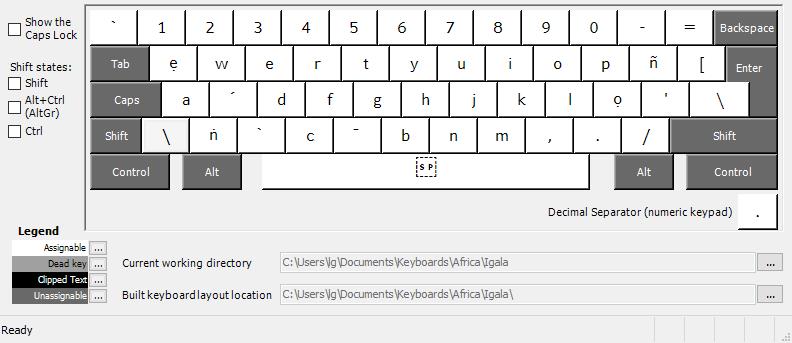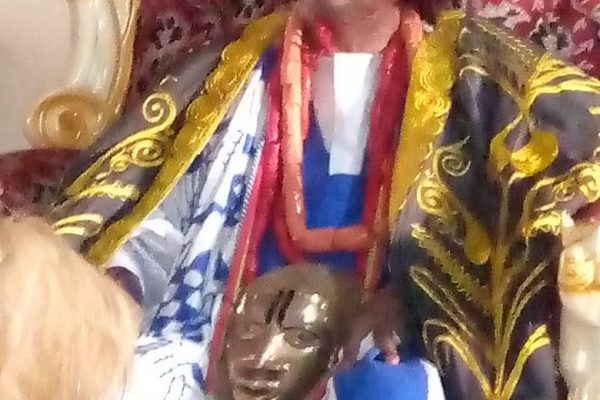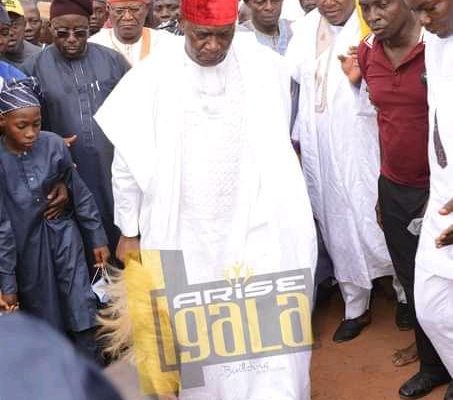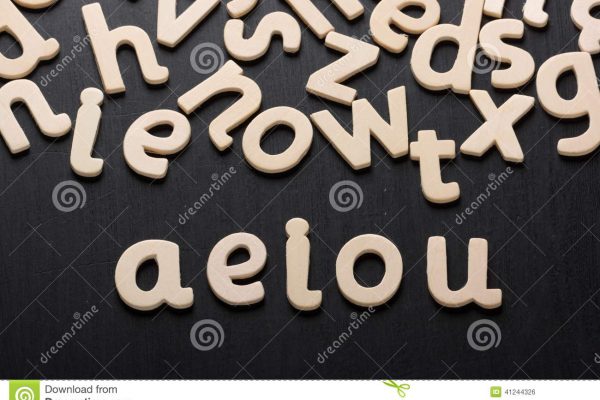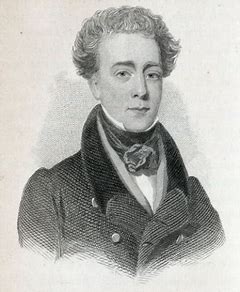It is true that Igala writing has nose-dived precipitously since the subject, ‘Vernacular,’ was removed from the Nigerian school syllabus in the 1970s. But we do not have forever to wait for government to restore it for Igala language to resume being taught in schools. The curriculum to drive that will drive the process was ready for approval since August, 2019, courtesy of Mrs. Ọjọchẹnẹmi Rosemary Oshikọya, the then-Education/Science and Technology Commissioner in Kogi State […]
IGALA CROWNS NEW PRIEST-KING
For Prince Matthew Àlájì Ọ̀pàlúwa Ògwùchẹ́, Wednesday, November, 2021, a market day in the ancient town of Idah (Ídá), was an unforgettable milestone in his life, being the day he was installed the 27th Ata-Igala of the ruling Third Dynasty. A descendant of the Àámẹ-achọ Ruling House, Àlájì had, nine days earlier, commenced his pre-coronation rites at Ugwọlawo in Òfù LGA. On that day, he was conferred the preliminary Aidoko-anya title. In his signature post-installation […]
King-Designate Converting To Divinity
Miles Clifford, in his book, A Nigerian Chiefdom: Notes on the Igala Tribe in Nigeria and their “Divine King,” juxtaposes “the Idah chiefdom…and the Jukun chiefdom of Wukari,” This is not surprising, considering the long cultural association that the two groups had shared in Medieval times of Apa or Kwararafa confederacy. C.K. Meek, in A Sudanese Kingdom: An Ethnological Study of the Jukun-speaking Peoples of Nigeria, remarks that “According to early British explorers of the […]
Varying Vowels of Igala and English
As we all know, the Igala alphabet was created from the English alphabet. However, in the pronunciation of the letters of both alphabets, we notice stark differences in how their vowels and consonants sound. In terms of number, the vowels of English are five, while those of Igala are seven, as shown in the Table below. In this post, the individual vowels of the two languages are juxtaposed in two columns in the Table below […]
Anecdotes From the Archives
The British Government, in 1838, passed an Act of Parliament aimed at abolishing Slave Trade in Africa. For that purpose, a steam-boat, named ‘Albert,’ was fitted for the voyage; and it set sail in 1841 under the Command of Captain H. D. Trotter. Other Commissioners were Captain William Allen, who was on the previous 1832 Richard Lander-led expedition, Captain T. R. H. Thompson, M.D. Surgeon, both of the Royal Navy. Rev. (later, Bishop) Samuel Ajayi Crowther […]

